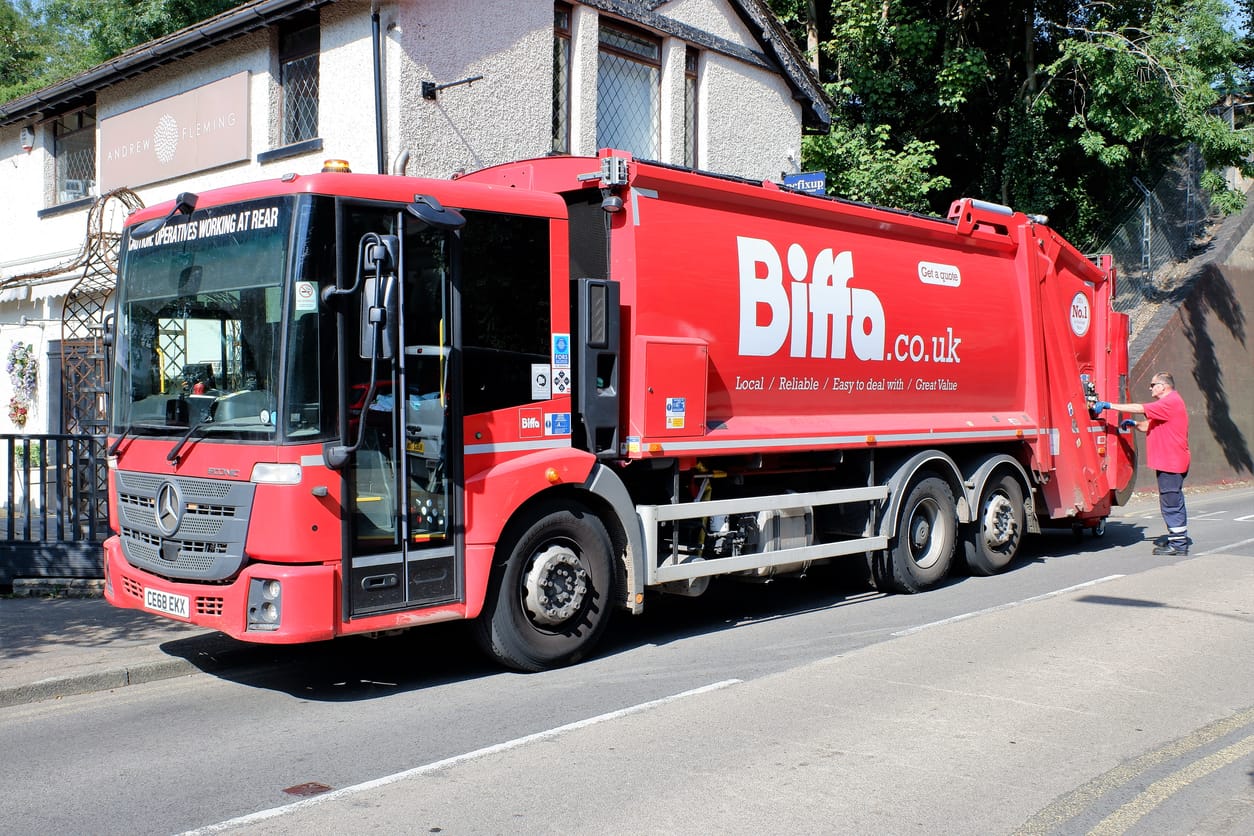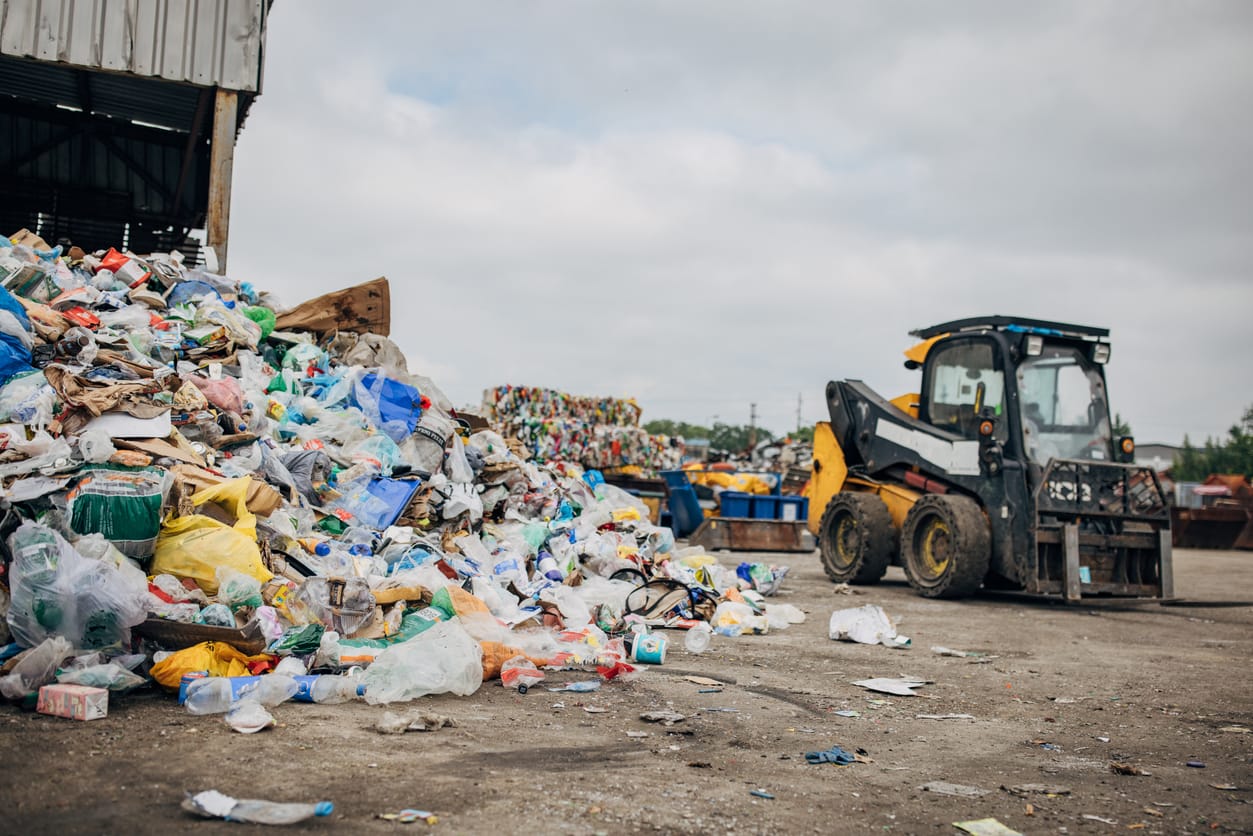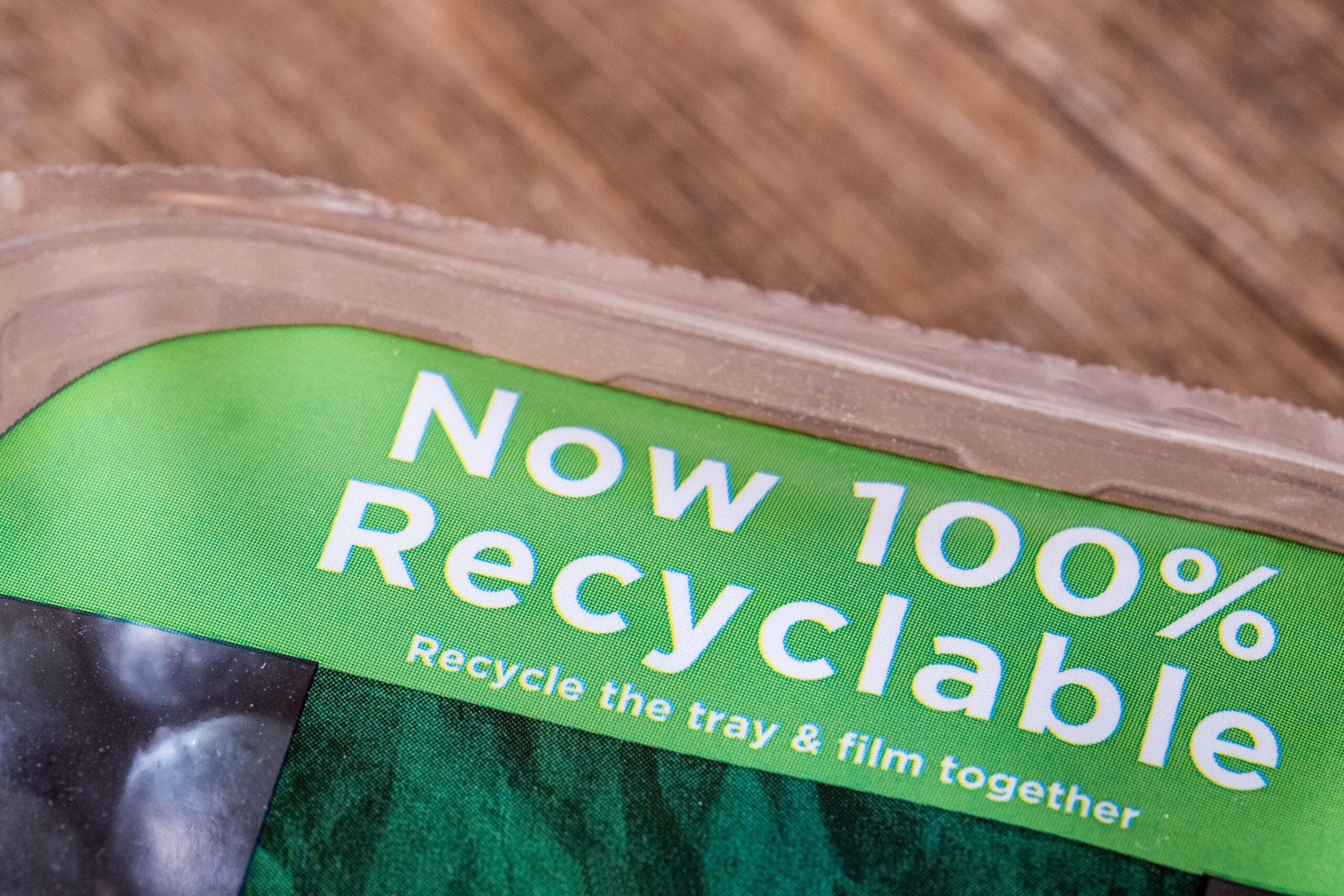Pick from our related articles...
You can find us on
Keep yourself up to date with Let's Recycle It latest news
72% of Brits Confess to “Wishcycling” Household Waste in Shocking New Research
New research by Gousto reveals that 72% of respondents in the UK admit to household waste in recycling bins without being certain that it is actually recyclable. Moreover, 71% of those surveyed find packaging labels and recycling guidelines confusing, with 45% often unsure about what can and cannot be recycled from household waste. As a result, 65% of respondents expressed a desire for recycling to be made simpler.
Regional Disparities in Recycling Awareness
The study highlights regional variations in recycling awareness across the UK. People in the Northeast of England demonstrate the most knowledge and care about recycling, with only 31% admitting to “wishcycling” their rubbish either regularly or occasionally. In contrast, Northern Ireland ranked as the least cautious region, with 51% engaging in “wishcycling”.
Defining “Wishcycling”
Gousto’s survey defines “wishcycling” as the act of disposing of packaging and containers that cannot be sorted and processed with mixed household recycling. Additionally, it includes discarding contaminated packaging materials. “Wishcycling” leads to a substantial number of unsuitable items being deposited into recycling systems, which hinders the overall recycling process.
Confusion Over Recycling Guidelines
The research indicates that a significant proportion of respondents find recycling guidelines and packaging labels confusing. This confusion contributes to the improper disposal of waste in recycling bins. Clear and concise recycling instructions, particularly on product packaging, can go a long way in improving the recycling habits of consumers.
Urgent Need for Simplified Recycling
The desire for simpler recycling processes is prevalent among UK citizens. With 65% of respondents expressing the need for easier recycling practices, it is evident that addressing this concern should be a priority for businesses and policymakers alike. By making recycling instructions accessible and straightforward, the amount of material being “wishcycled”, as well as the amount of recyclable material being wrongly disposed of in general waste bins, can be reduced significantly.
The regional differences in recycling habits may be attributed to varying awareness campaigns and educational initiatives in different areas. The Northeast’s success in maintaining low “wishcycling” rates suggests that targeted educational efforts and clear recycling instructions can yield positive results.
Let’s Recycle It
In light of the finds of this new research, Let’s Recycle It recognises the need for reform to combat the issue of “wishcycling” and the confusion surrounding recycling guidelines in the UK. We are experts in the world of recycling and, therefore, we know exactly how powerful it can be as an ethical and sustainable means of waste disposal.
If the government made educational materials on household waste recycling easy to find and easy to follow, and if they created regulations requiring product manufacturers to provide clear instructions on product packaging, then the rates of recycling of household waste could skyrocket.
Tips for Household Waste Recycling
Recycling plays a crucial role in reducing waste and conserving valuable resources. By following these simple tips, you can make a positive impact on the environment and contribute to a more sustainable future:
- Know What to Recycle: Familiarise yourself with the items that can and cannot be recycled in your area. Refer to your local council’s guidelines or recycling information to ensure you are making the right choices.
- Clean and Rinse: Before placing items in the recycling bin, make sure to clean and rinse them. Contaminated materials can disrupt the recycling process and may end up in landfills.
- Flatten Cardboard Boxes: Flatten cardboard boxes before recycling to save space in your bin and make it easier for recycling facilities to process them efficiently.
- Separate Materials: If your local recycling programme requires sorting materials, set up separate containers for paper, plastic, glass, and metal to keep recyclables organised.
- Avoid “Wishcycling”: Resist the temptation to throw uncertain items into the recycling bin. “Wishcycling” can contaminate entire batches of recyclables and hinder the recycling process.
- Recycle Plastic Bags Properly: While plastic bags are not suitable for household recycling, many supermarkets and retailers provide designated collection points for recycling them. Take your plastic bags to these locations for proper disposal.
- Handle Hazardous Waste Correctly: Batteries, electronics, and chemicals should never be disposed of in regular recycling bins. Find local collection points or special disposal facilities for these hazardous materials.
- Donate or Reuse: Consider donating used clothing, electronics, and other items to charity or giving them a second life through local reuse initiatives.
- Opt for Reusable Containers: Minimise single-use packaging by opting for reusable containers and bags. Invest in reusable water bottles, food storage containers, and cloth bags to reduce your reliance on disposable alternatives.
- Compost Organic Waste: Composting kitchen scraps and garden waste can significantly reduce the amount of organic material sent to landfills while producing nutrient-rich compost for your plants.
- Educate Others: Share your knowledge about recycling with friends, family, and colleagues. Encouraging others to adopt sustainable practices can create a ripple effect, leading to a more eco-conscious community.
By incorporating these recycling tips into your daily routine, you can contribute to a cleaner environment and help ensure that recyclable materials are used efficiently and responsibly. Remember, small actions can make a big difference when it comes to preserving our planet for future generations. Let’s work together to create a greener, more sustainable world.
Follow us to stay up to date on our latest news
If you would like to receive our newsletter to keep up to date with Let’s Recycle It news and to receive marketing information regarding our services, please let us know:


